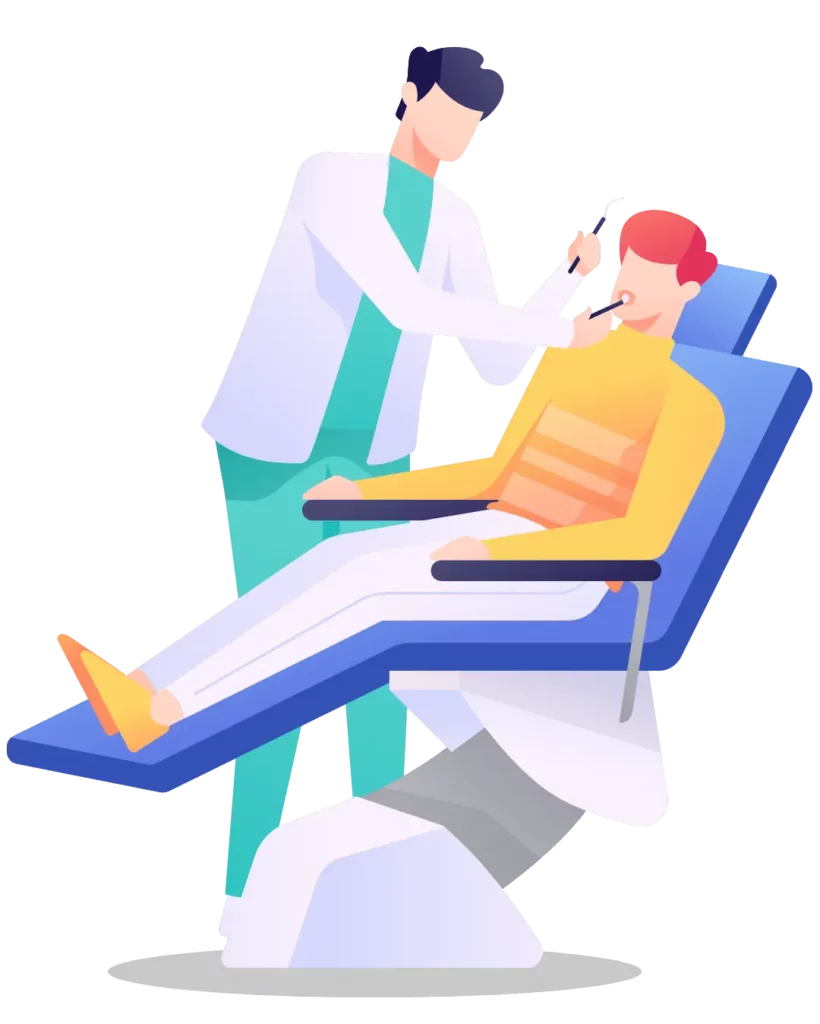Hightlight
-
 Accepts Insurance
Accepts Insurance
-
 Covid-19 Safety
Covid-19 Safety
-
 Free parking
Free parking
-
Free Wifi
Dr. Dustin A. DeDomenico, DMD, MS was born and raised in Tampa attending the Academy of the Holy Names and Jesuit High School. Dr. Dustin received his Bachelor of Science degree from Florida State University. After a few years in the finance industry, he chose to return to school at the University of Louisville School of Dentistry, earning his Doctorate of Dental Medicine. After graduation, Dr. Dustin went on to complete a two-year advanced education program in pediatric dentistry at the University of Louisville and Kosair Children’s Hospital.
Opening Hours
FAQ's
What is a pediatric dentist?
Pediatric dentists like Dr. Dustin have an extra two years of specialized training after dental school and are dedicated to the oral health of children from infancy through the teenage years. The very young, pre-teens, and teenagers all need different approaches in dealing with behavior, guiding their growth and development, and helping them avoid future dental problems. With the additional education, pediatric dentists have the training which allows them to offer the most up-to-date and thorough treatment for a wide variety of pediatric dental problems.
How old should my child be to come to the dentist?
According to the American Academy of Pediatric Dentistry (AAPD), your child should visit the dentist by his/her 1st birthday or at least 6 months after the eruption of the first tooth. Beginning dental care at an early age allows guidance for caring for your child's teeth and opportunities to address preventive issues that are important for healthy teeth and a pleasing smile. Early visits also help establish a positive relationship between the dentist and your child.
Why are baby teeth so important?
It is very important to maintain the health of primary teeth (baby teeth). Neglected cavities can cause pain and infection, and it can also lead to problems which affect the developing permanent teeth. Primary teeth are important for (1) proper chewing and eating, (2) providing space for permanent teeth and guiding them into position, and (3) permitting normal development of the jaw bones and muscles.
API keys with referer restrictions cannot be used with this API.
GOLO msg: Place review file exists? 1







